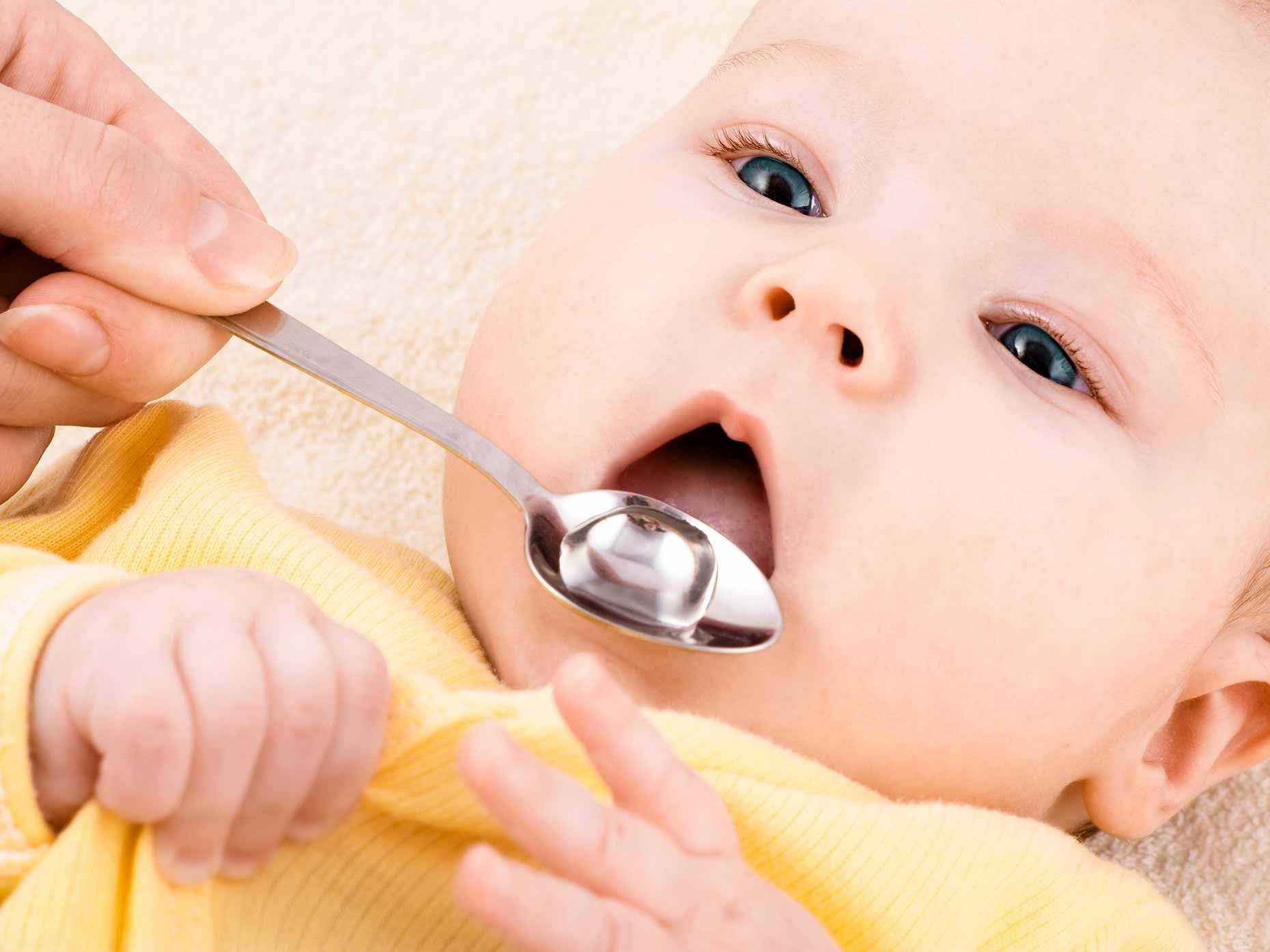Vitamins and supplements in the first year of a child's life: here are some tips.
What vitamins do babies need during their first year of life? Certainly some vitamin D and K, but iron and fluoride could also be used
Vitamins and supplements are often misused (or rather, unnecessarily) in adults and children, but is the same also true for infants? Absolutely not, indeed, there are two integrations that are considered by all scientific societies as essential for newborns. These are vitamin D and vitamin K, which are essential to protect the health of the little ones.
In some situations, iron and fluoride supplements may also be recommended, but the pediatrician must assess the child's needs on a case-by-case basis. Let's see the importance of vitamin D and vitamin K.
Vitamin D
Vitamin D is very important for the growth and development of bones and muscles (prevents rickets), but also for the regulation of immune and respiratory functions. It is a somewhat peculiar vitamin because the main source, as well as the most effective, is the sun. Our body produces it spontaneously as a consequence of sun exposure.
And here comes the problem: would you ever leave your little one exposed to the sun's rays? Of course not because, as indicated by the American Academy of Dermatology (AAD), babies younger than 6 months should never be exposed to direct sunlight. For this reason, the Italian Society of Pediatrics (SIP) is administering 400 IU of vitamin D per day for all children born at term, from birth to the first year of life, regardless of the type of diet (whether with breast milk or formula. ).
In the case of premature babies, the dosage will depend on the weight of the baby.
Vitamin K
Vitamin K together with vitamin D is really essential for the baby because it is involved in the production of substances that contribute to normal blood clotting. When a baby comes into the world, he or she has a physiological deficiency of vitamin K because its transfer into the uterus through the placenta is limited and as a result it could suffer from the so-called haemorrhagic disease of the newborn, rare but potentially very serious.
To avoid unpleasant consequences, the World Health Organization recommends that all babies be given 1 mg of vitamin K immediately after birth, via an intramuscular injection. In breastfed babies, since breast milk is low in vitamin K, some doctors suggest supplementation by mouth up to the third month of life.
However, not everyone thinks the same. Other scientific societies, on the other hand, argue that the single injection immediately after birth is sufficient to protect the baby, as also indicated by the American Academy of Pediatrics.
Sometimes these vitamins can be combined with other supplements, but it is up to the pediatrician to decide if and when it is needed.
Fluorine
Fluoride supplements, yes or no? On the administration of supplements containing fluoride to infants, for the prevention of caries, the opinions of scientific societies are very different, or rather opposed, so much so that there are two schools of thought. There are those who claim that fluoride prophylaxis should be started from the first month and those who, on the other hand, think that it should be postponed until 6 months of life. First of all we must say that supplementation should be agreed with the pediatrician and never started on its own initiative.
Caries prevention is carried out by administering toothpaste in a pea-size dose (the size of a pea) from 6 months up to 6 years of age. Fluoroprophylaxis can be done through the use of a toothpaste containing at least 1000 ppm of fluoride, twice a day.
Fluoride-based supplements, as indicated by the Italian guidelines, "must be prescribed by the pediatrician in cases of objective difficulty in the topical administration of fluoride through toothpaste or as an additional fluoroprophylaxis method in subjects at risk of caries".
In these cases the recommended doses are:
0-6 months: 0.25 mg / day to the baby or 1 mg to the nursing mother;
6 months - 3 years: 0.25 mg / day per child.
According to the Ministry of Health, it is therefore better to start fluoride prophylaxis when the first tooth appears, also because before it could be harmful. Excessive doses of fluoride, in fact, can cause fluorosis, a pathology that presents with whitish streaks on the teeth.
Iron
When born, every newborn has a proportion of iron proportional to the duration of pregnancy. This supply is of great importance because it conditions erythropoiesis, that is the process of formation of red blood cells. It goes without saying that in a baby born prematurely or with a low birth weight, the need for iron is higher than that of full-term babies. In these cases, iron supplementation is indicated and should be started around the 3rd month of life, about when the baby's reserves are exhausted.
In full-term and normal-weight babies, iron supplementation is not indicated as breast milk (but also infant formula) already covers the baby's iron needs. When you start weaning, remember to always introduce foods rich in iron or with added this mineral, perhaps combining a source of vitamin C that promotes its absorption.
The iron requirement in infants (6-12 months) according to the Italian Nutrition Society is 11 mg / day and it is important that the child reaches the requirement because an iron deficiency can slow down both mental and physical growth.






Leave a comment